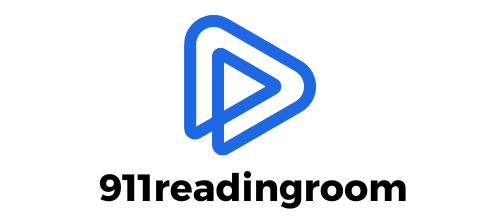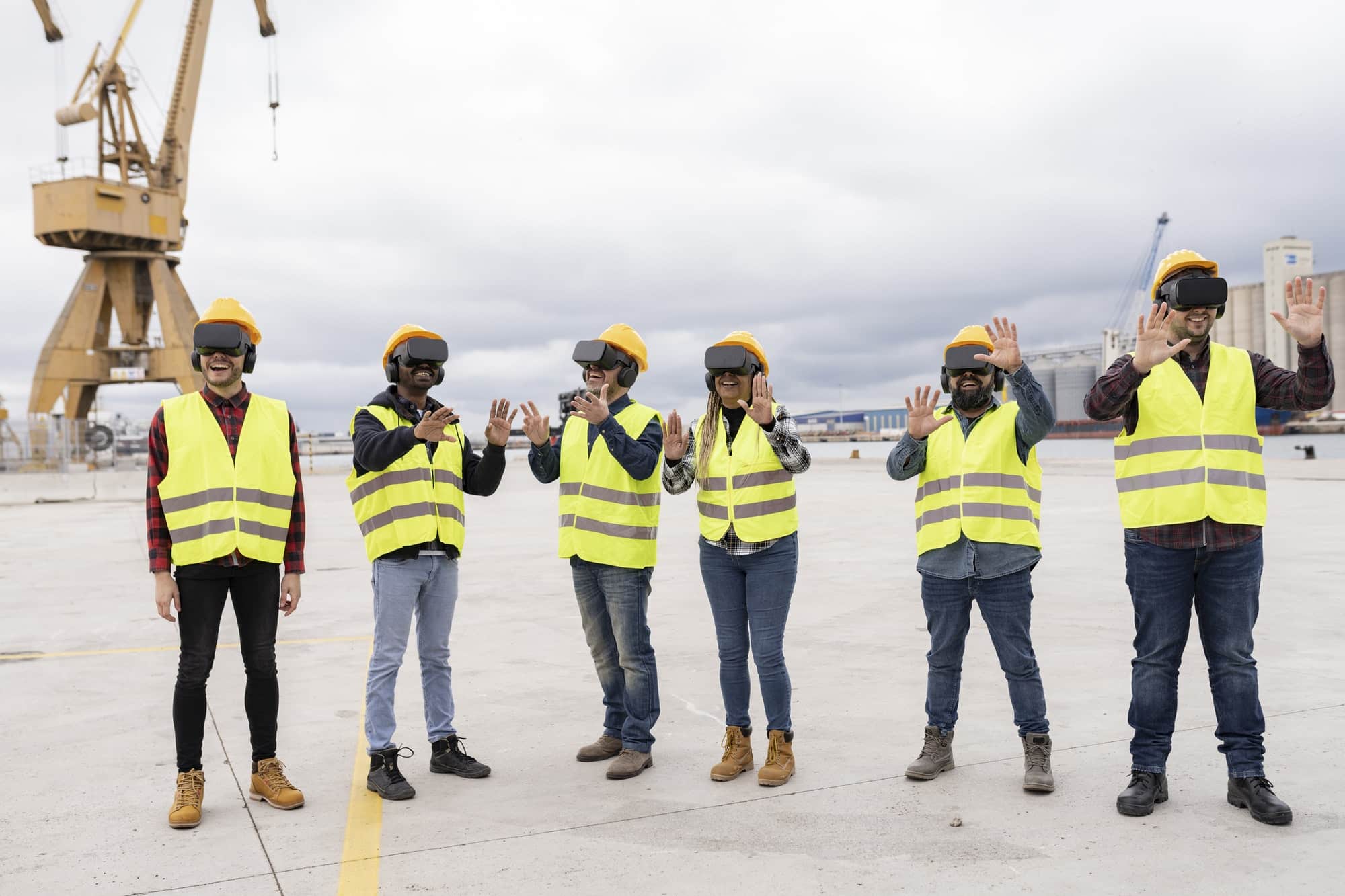The term gamification may sound like a relatively new trend, but it has been around for quite some time. However, never before has its potential been so apparent and applicable to so many different sectors. In the world of real estate development, gamification is currently reshaping the ways developers and estate managers engage with communities and individuals. This article unfolds intriguing insights into how gamification, the use of game elements and game design techniques in non-game contexts, can be harnessed to significantly enhance community engagement and participation in real estate planning.
Gamification: A Potential Goldmine in Real Estate Development
Let’s begin by knocking on the door of understanding the real value of gamification in real estate development. Gamification is not merely about converting serious tasks into fun activities. It’s a strategic move aimed at increasing user engagement, participation, and learning through game-like experiences. It’s all about understanding the elements that make games engaging and applying those elements in real-life situations.
Cela peut vous intéresser : What role can synthetic biology play in creating living building materials for future real estate projects?
In the context of real estate, gamification can be utilized as a tool to encourage community members to actively participate in estate planning and development processes. How does it work? The process can be as straightforward as developing a gamified app, where users can contribute ideas, vote for proposed plans, earn points, and see their contribution’s impact in real-time. Such a strategy does not only make the process more engaging but also fosters a sense of ownership among community members.
The Power of Gamification in Boosting Engagement and Participation
Let’s delve deeper into how gamification can revolutionize community engagement and participation in the real estate sector. Giving community members a ‘voice’ in the development process is one thing, but ensuring that they are genuinely engaged and actively participating is another. This is where gamification proves to be a game-changer.
Cela peut vous intéresser : What are the best practices for incorporating adaptive outdoor spaces in real estate projects for year-round use?
By adding game-like features such as point scoring, leaderboards, and achievement badges to the planning process, developers can encourage community members to contribute more, leading to increased participation. For instance, a gamified property maintenance app can reward users with points for reporting estate issues, which can then be redeemed for various benefits. Such a system encourages continuous engagement and makes the process more enjoyable.
Managing Rejection and Criticism through Gamification
It’s no secret that estate developers often face rejection and criticism from community members during the planning and development stages. Gamification could play a vital role in managing such issues. By transforming these often contentious processes into engaging and collaborative activities, developers can significantly reduce the level of resistance and criticism they face.
Consider a scenario where an estate developer is proposing a new project. Instead of hosting a traditional public consultation meeting, the developer can use a gamified platform where community members can virtually explore the proposed project, leave comments, suggest changes, and even vote on different aspects of the plan. As users engage with the platform, they earn points that can be used to ‘unlock’ further details about the project. This approach not only makes the process more interactive but also allows for constructive feedback and criticism in a non-threatening environment.
Gamification and Education: A Powerful Duo for Enlightened Community Participation
To make informed decisions and meaningful contributions, community members need to understand the complexities of real estate development. This is where the combination of gamification and education comes into play. Gamified learning platforms can be used to educate the community about different aspects of real estate development.
Imagine a game where users play the role of estate developers, responsible for planning and building a virtual estate. Through this game, players can learn about budget management, sustainable practices, and the impact of various decisions on the community. Such an approach can provide a more profound understanding of the intricacies involved in real estate development, making community members more informed and confident in their participation.
The Role of Google and Other Tech Giants in Promoting Gamified Real Estate
Tech giants such as Google have recognized the potential of gamification and are investing heavily in this field. Google’s recent ventures in the real estate sector highlight how gamification can be incorporated into estate management and planning. For instance, Google’s online platform, ‘Build with Google,’ allows users to design and build virtual buildings using game mechanics. This not only encourages creativity and collaboration but also provides a platform for users to learn about building design and construction.
Furthermore, these tech companies have made it easier than ever to develop and deploy gamified apps, thanks to their robust cloud platforms and user-friendly app development tools. This means that even small estate developers can leverage the power of gamification without requiring a large investment.
In essence, gamification has emerged as a promising avenue for enhancing community engagement and participation in real estate development. Through strategic application of game elements, developers can turn planning processes into engaging, educational, and collaborative activities, fostering a stronger sense of community and ownership. The possibilities are endless, and the future of real estate development looks incredibly exciting with the advent of gamification.
Leveraging Gamification in Social Media Strategy for Real Estate
In the era of digital transformation, social media has emerged as a vital platform for engaging with communities. When combined with gamification, it can significantly boost user engagement and participation in real estate planning.
Consider a real estate developer who is planning to renovate an expired listing. Instead of traditional door knocking or sending mailers to gauge community interest, they could create an online survey or a virtual tour on their social media platforms. By adding gamified elements to this activity like leaderboards or badges, they could boost participation. For instance, the person who shares the survey most might earn a ‘Community Champion’ badge, or the one who provides the most insightful funny comment during the virtual tour might win a ‘Wisdom Wizard’ badge.
These activities are not only fun and engaging but can also yield valuable input for the developer. They could learn what the community likes or dislikes about the expired listing, what changes they would like to see in the renovation, and even gain some insights they had not considered before.
Furthermore, gamification on social media also has the potential to foster a sense of community. Neighbors can bond over shared experiences or friendly competition, celebrate support they receive from others, and develop a stronger sense of belonging. Overall, gamification can make the process of real estate development more transparent, inclusive, and enjoyable for all parties involved.
Role of Tech Tools in Gamified Real Estate and Conclusion
With the advent of advanced tech tools from industry giants like Google, implementing gamification in real estate has become quite accessible. Google Scholar and Scholar Crossref offer a wealth of research materials on the efficiency of gamification in various sectors, including real estate, which developers can leverage to design their gamification strategies.
Moreover, platforms like ‘Build with Google’ provide a unique hands-on learning experience, encouraging creativity and collaboration among users. Imagine an estate agent renovating a property through a gamified app—deciding the color of the walls or the type of tiles to use. As they make each decision, they earn points, which fuels their engagement and makes the entire process enjoyable.
The impact of gamification in real estate extends beyond just participation. It fosters a sense of ownership and community among users, making their contribution more meaningful and longer lasting. While dealing with rejection in real estate can be challenging, the interactive and engaging nature of gamified platforms can significantly reduce criticism and resistance.
In conclusion, gamification in real estate is more than just a trend—it’s a powerful strategy that can profoundly reshape community engagement and participation in planning. Whether it’s through a gamified app, a social media campaign, or an online platform provided by tech giants, the possibilities are limitless. As we continue to explore and unlock the potential of gamification in real estate, one thing is clear—the future of real estate development looks incredibly exciting!
















